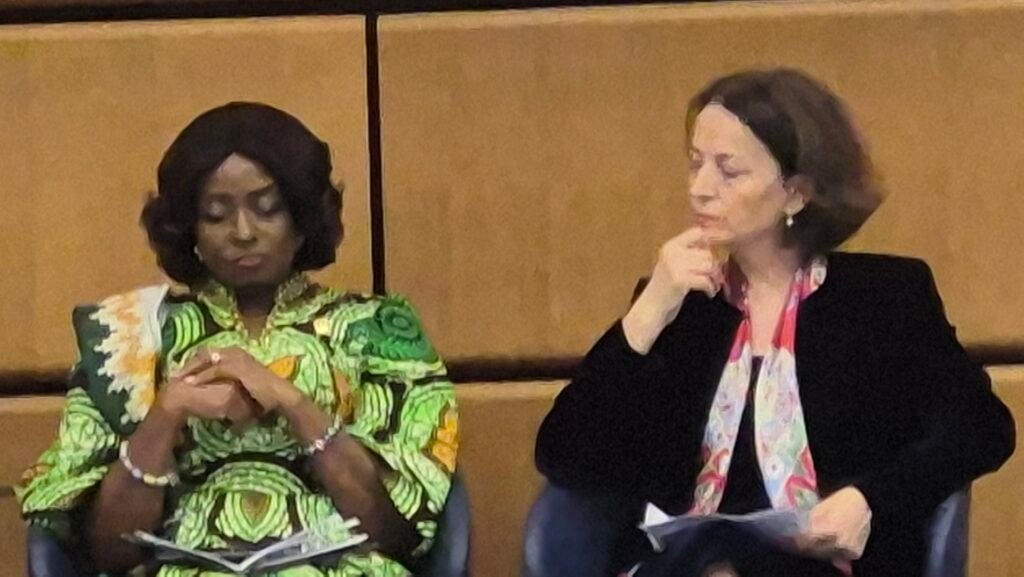
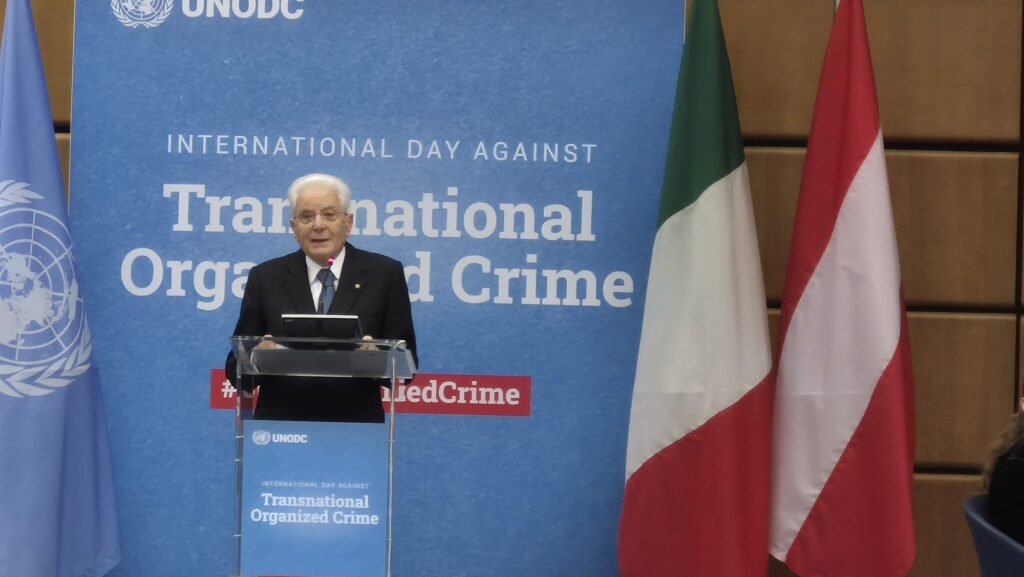
Overview of the Event
The upcoming high-level event organized by the United Nations Office on Drugs and Crime (UNODC) on November 11, 2025, marks a significant occasion to recognize the International Day Against Transnational Organized Crime. This day serves as a pivotal reminder of the ongoing global challenges posed by transnational organized crime and the essential collaborative efforts required to combat this pervasive issue. The event not only commemorates this observance but also signifies the 25th anniversary of the United Nations Convention Against Transnational Organized Crime (UNTOC), a cornerstone framework aimed at enhancing international cooperation in this field. During the International Day Against Transnational Organized Crime, Ambassador Matilda Aku Osei-Agyeman addressed the challenges and consequences of cross-border criminal networks in Africa.
The significance of the International Day Against Transnational Organized Crime is underscored by the growing threats presented by organized crime networks, which operate across borders and undermine global security. This high-level event will bring together member states, international agencies, civil society organizations, and other stakeholders to engage in dialogues and discussions aimed at strengthening collective action against these criminal enterprises. The intent is to highlight the critical importance of international collaboration and the need for comprehensive policies that address not only the symptoms but also the root causes of organized crime.
Furthermore, the event will provide a platform for stakeholders to reflect on the accomplishments achieved since the adoption of the UNTOC and to reassess strategies that can be implemented moving forward. It is essential to foster an environment conducive to sharing best practices and lessons learned, which will ultimately aid in creating more resilient systems to combat the evolving nature of organized crime. By convening a diverse assembly of experts and practitioners, the event aims to amplify the message that global unity is imperative in the fight against transnational organized crime.
Keynote Speakers and Special Guests
The event commemorated the International Day Against Transnational Organized Crime features a roster of distinguished speakers and special guests whose contributions to the fight against organized crime are both significant and impactful. One of the keynote speakers is Ghada Waly, the Executive Director of the United Nations Office on Drugs and Crime (UNODC). Since her appointment in 2020, Waly has been an advocate for global collaboration to combat various forms of crime, including drug trafficking, human trafficking, and cybercrime. Her extensive experience within the UN framework positions her as a pivotal figure in efforts to create policies aimed at eradicating transnational organized crime.
Additionally, the event was graced by the participation of two prominent national leaders: Italian President Sergio Mattarella and Austrian Federal President Alexander Van der Bellen. President Mattarella has been actively involved in promoting Italy’s international position in countering organized crime, particularly focusing on the Mafia and its impact on society. Under his leadership, Italy has strengthened cooperation with international partners, advocating for enhanced legal frameworks to curb organized crime effectively.
Similarly, President Van der Bellen has underscored Austria’s commitment to fighting transnational organized crime. His administration has prioritized a multifaceted approach that includes enhancing law enforcement cooperation, fostering international dialogue, and promoting data sharing across borders. Both leaders are expected to deliver messages that highlight their countries’ dedication to global efforts against organized crime, emphasizing the importance of solidarity and shared responsibility among nations.
In essence, the presence of these notable figures at the event not only elevates its significance but also underscores the collective resolve to combat the complex challenges posed by transnational organized crime on a global scale.
Presentation of New Findings
The United Nations Office on Drugs and Crime (UNODC) plays a pivotal role in the fight against transnational organized crime by producing comprehensive research that sheds light on the complexities of this issue. During the commemorative event for the International Day Against Transnational Organized Crime, UNODC will unveil its forthcoming report, which provides critical insights into the current landscape of organized crime at a global level. This report has been meticulously prepared, employing a robust research methodology that encompasses both quantitative and qualitative data collection techniques. Through various data-gathering methods, including surveys, interviews, and extensive literature reviews, researchers have aimed to generate a nuanced understanding of organized crime activities, their trends, and their impact on societies worldwide.
One of the key issues addressed in the report is the evolving nature of transnational organized crime, highlighting how criminal networks adapt to changing political, economic, and technological landscapes. The findings indicate an alarming increase in the convergence of various forms of crime, such as drug trafficking, human smuggling, and cybercrime, which collectively threaten global security and governance. Furthermore, the report emphasizes the role of organized crime in exacerbating vulnerabilities in different regions, particularly in developing countries, where governance structures are often weak. By focusing on these pressing issues, the UNODC aims to provide policymakers with evidence-based data that can inform their strategic responses and foster more effective international cooperation.
The relevance of these findings extends beyond academic interest; they serve as a crucial foundation for shaping policy frameworks and enhancing collaborative efforts among nations. By recognizing the interconnectedness of transnational organized crime and its implications for justice and security, stakeholders can better mobilize resources and coordinate actions needed to combat these threats effectively. The UNODC’s commitment to addressing transnational organized crime reinforces the necessity for ongoing research and dialogue, underscoring the integral role of informed policymaking in creating safer societies worldwide.
Panel Discussion Highlights
The panel discussion scheduled to follow the keynote addresses promises to be a significant component of the event, addressing the multifaceted issues surrounding transnational organized crime. One of the primary themes will be the evolving nature of organized crime, which has adapted over time to counteract law enforcement strategies. This discussion will underscore the necessity for innovative approaches in policy and enforcement to confront these continually changing dynamics that threaten global security.
Another critical theme will focus on the effectiveness of the United Nations Convention against Transnational Organized Crime (UNTOC). Panelists will assess the successes and shortcomings of the convention since its implementation, exploring how well it has facilitated international cooperation in combating organized crime. Their insights will provide a valuable perspective on potential amendments or reinforcements needed to enhance its effectiveness in current contexts.
Contemporary challenges faced by the international community are also expected to be a focal point of dialogue. Issues such as cybersecurity threats, drug trafficking, human smuggling, and money laundering will be scrutinized, emphasizing the intricate relationships among various organized criminal activities. The panelists, comprising experts in criminology, law enforcement, and international relations—including recognized figures such as Dr. Jane Smith, a leading scholar on organized crime, and Officer John Doe, with extensive field experience in combating drug cartels—will bring diverse viewpoints to inform the discussion.
As the discourse unfolds, it will likely yield critical insights regarding policy frameworks and practical solutions to enhance collective action against the multifarious challenges posed by transnational organized crime. The expected outcomes may influence future strategies and collaborative efforts among nations seeking to eradicate the pervasive influence of organized criminal networks on society.

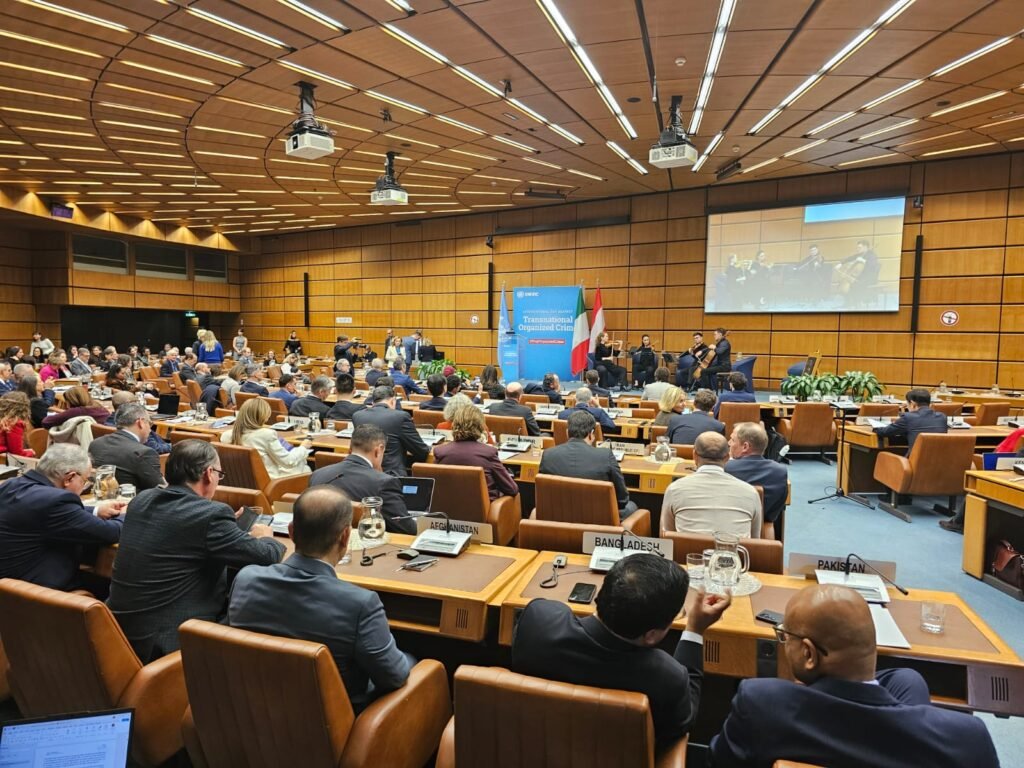
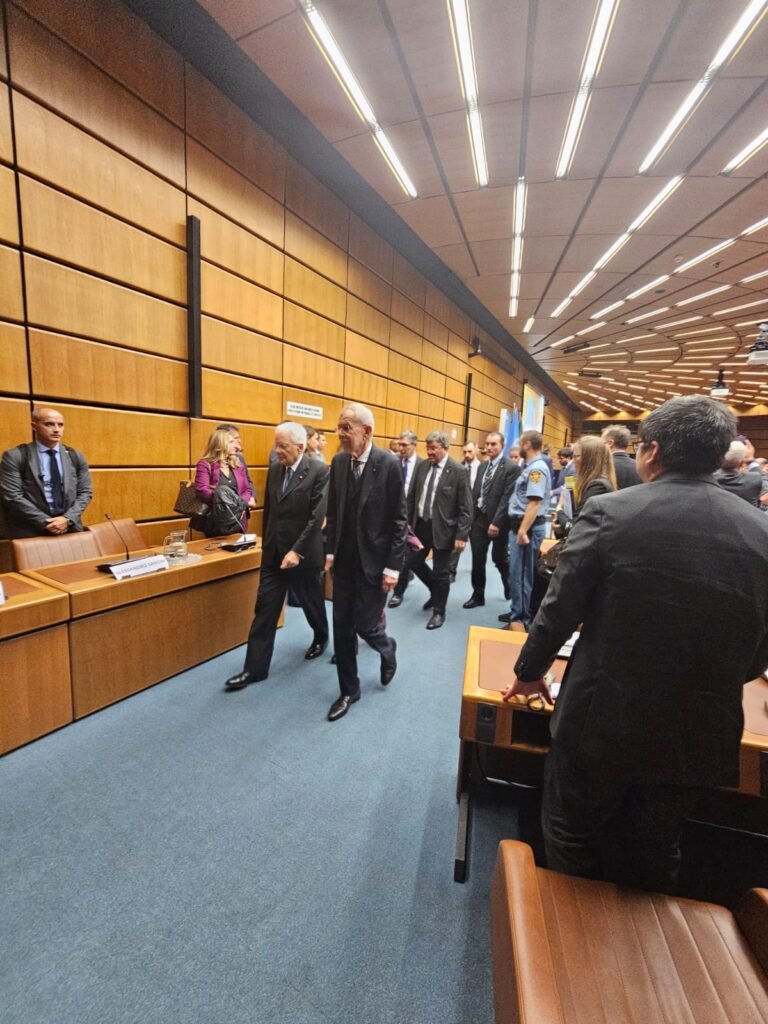
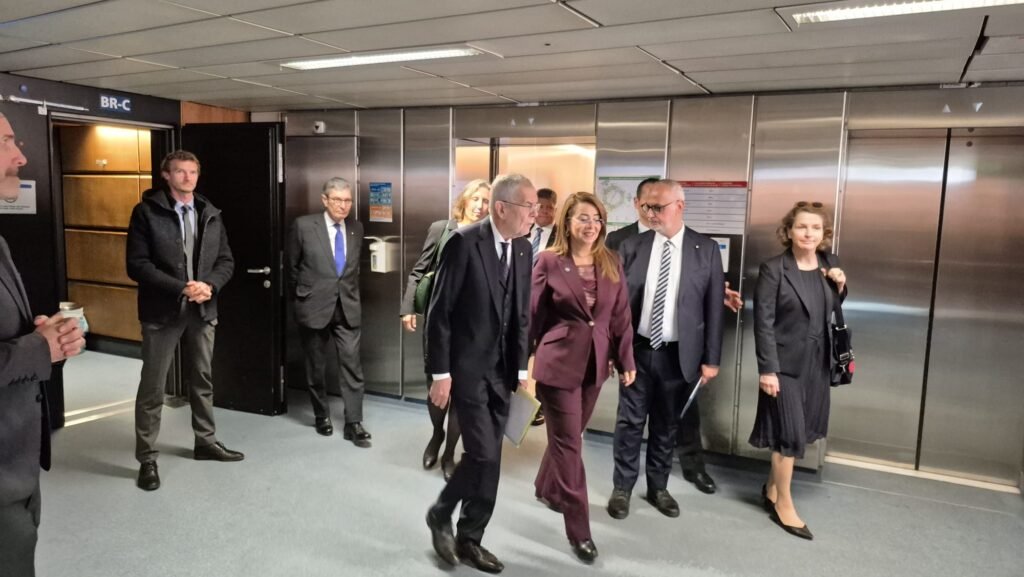
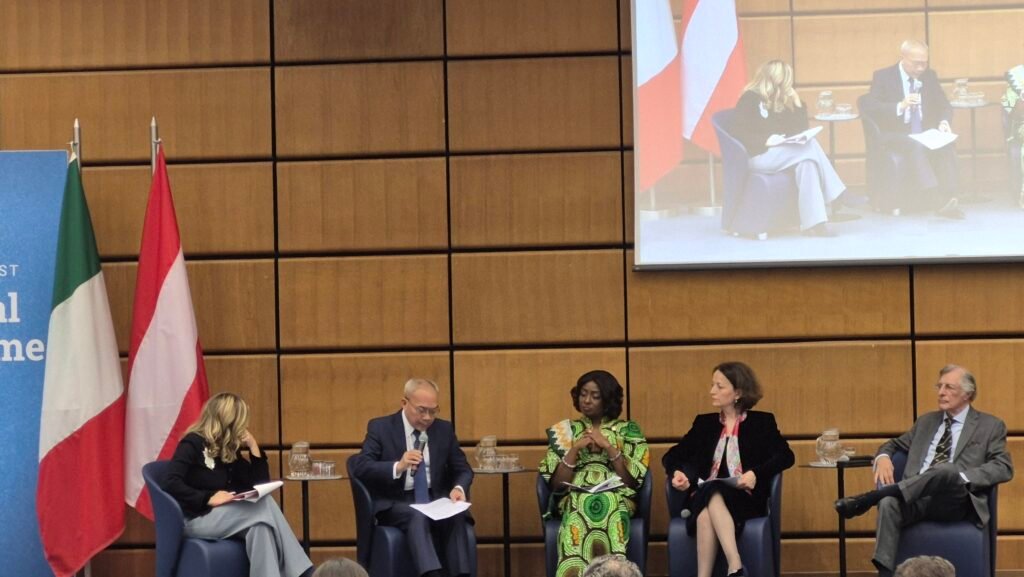

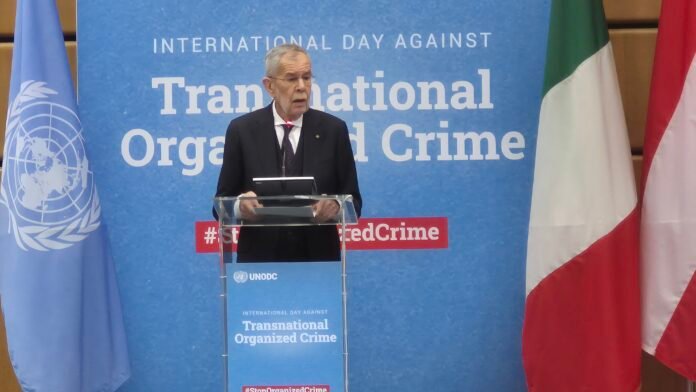
so much wonderful information on here, : D.